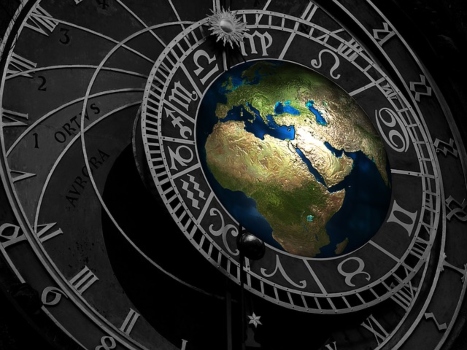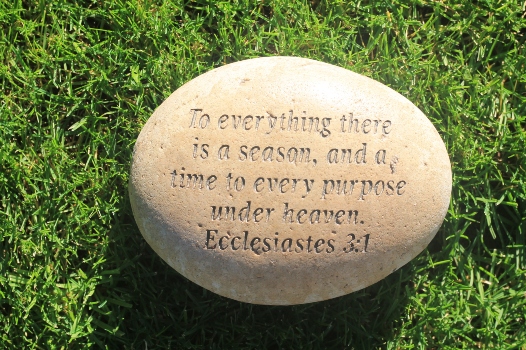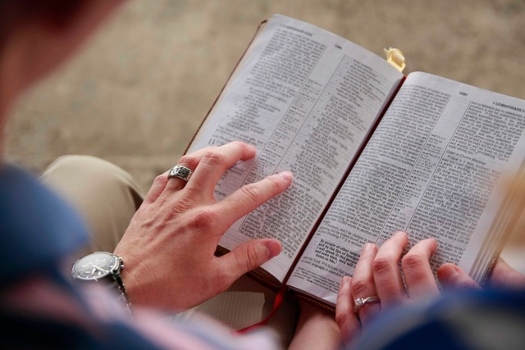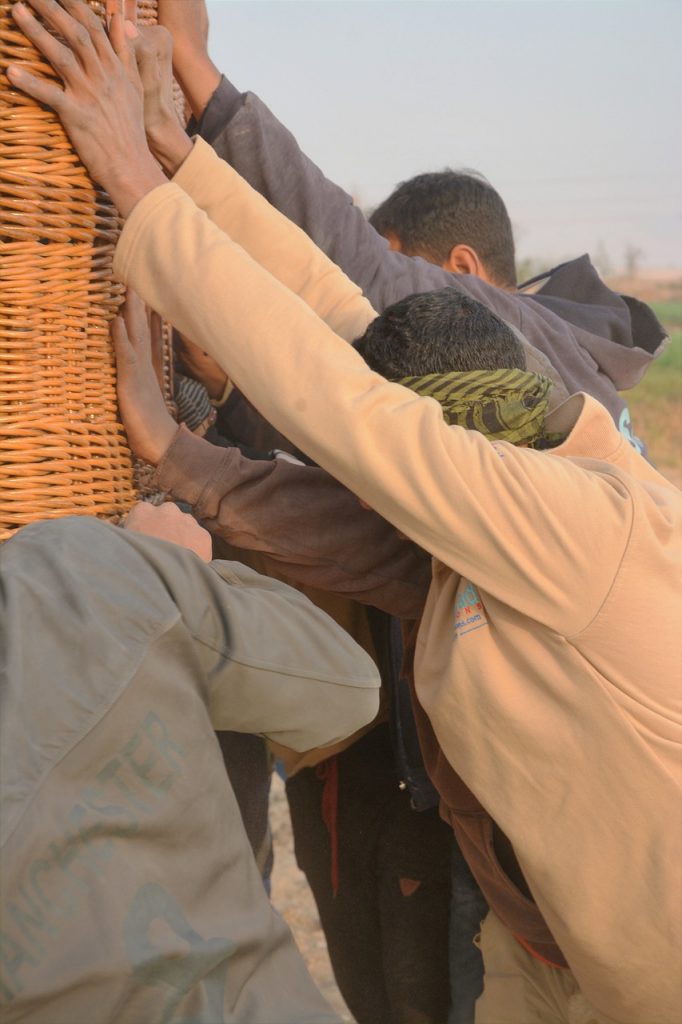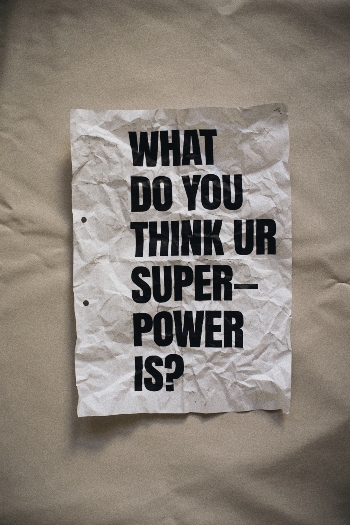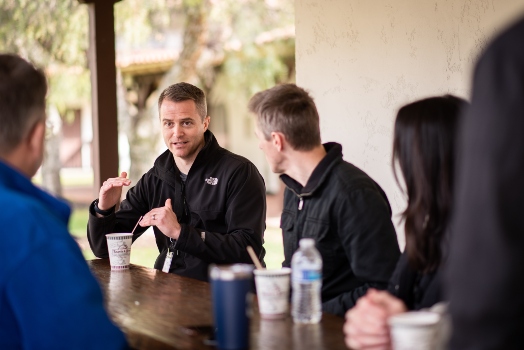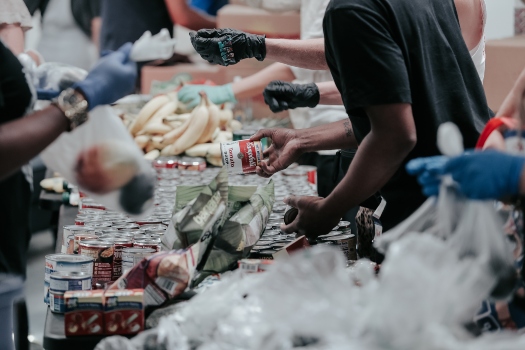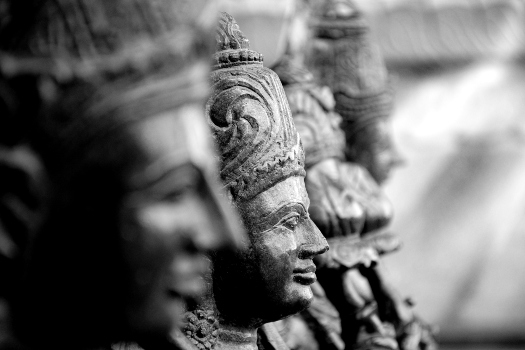It Just Means That You Need to Connect with the One and Only “Superpower”
This past Sunday’s service was a treat as we were given a message by the kids. It was the annual Bible School program. The kids spent the five weekday evenings prior, experiencing the…
“Hero Hotline, Called Together to Serve God”.
The focus of this Bible School was how the Bible is full of “normal people” who did heroic things without knowing they were heroic.
A hero is someone admired for having done something brave or achieved something great. The question is what is brave or great? This is something that is going to be different for different people.
The heroes in these Bible School examples were “normal people” who at this particular time did something outside of their comfort zone that affected situations that we are still experiencing the results today.
- Heroes are called to follow Jesus.
Jesus builds the team.
In John 1:35-42, Jesus began building his team. The first hero was Andrew. He was a follower of John the Baptist and witnessed John baptizing Jesus, “the Lamb of God”. Andrew then started following Jesus. He told his brother, Simon, about Jesus, and Simon, also known as Peter, began following Jesus. Then Jesus found Philip and Philip found his friend Nathanel, and they both started following Jesus.
Anyone can be a follower of Jesus.
He wants us all to follow Him. Once you know Jesus, you can tell someone else about Him, and they can tell someone. Before long there are more and more people who know Jesus. This is God’s plan for the church.
Be a hero and follow Jesus.
2. Heroes are called to help others.
God’s wonder women.
We would consider Moses a hero because of what he accomplished, but what about the women that saved his life? The Pharaoh decided there were too many Hebrew boy babies so he had issued an order to have all the Hebrew boy babies killed at birth.
In Exodus 1:15-22, we meet Shiphrah and Puah, midwives that were heroes. They didn’t want the babies killed so they told the Pharaoh that the Hebrew women were so healthy and strong that the babies would be born before they got to them.
Then there was Moses’ mother who hid him as long as she could and then put him in a basket at the river where the Pharaoh’s daughter would bathe. Miriam, Moses’ sister, watched and kept him safe. The Pharaoh’s daughter saw the basket and sent her maid to get it. When the maid brought Moses to the princess, she knew he was precious and wanted to raise him.
All these “normal women”; his mother, the midwives, his sister, the princess, and her maid, all had a part in saving the life of Moses who grew to be a great man of God. They were all called by God for a special purpose.
God has a special purpose for you too.
3. Heroes are called to work together
Jethro mentors Moses
After Moses had led the millions of people out of Egypt, he was trying to settle all their problems and disagreements. Can you imagine how overwhelming this would be? He was getting worn out and unable to get any rest. How was he going to lead the people and keep the peace?
This is when Jethro, Moses’ father-in-law, shows up. He could see how big this issue was and offered Moses some advice.
In Exodus 18:17-26, Jethro told Moses to find some wise and fair people to help with this. He told him to select capable people who fear God and are trustworthy and honest, and to appoint them over thousands, hundreds, fifties and tens. This would lighten Moses’ load and let him focus on leading the people.
Even though Jethro was not as famous as Moses, he was able to give him some good advice about how to lead this large group of people by sharing the load with other people.
God called Jethro to be a problem solver. Maybe that’s what he’s called you to do. But remember that you don’t have to do everything…
You can share your load.
4.Heroes are called to listen to God
The magnificent magi
We’re all familiar with the Christmas story of how the three wise men followed the star and brought gifts to baby Jesus. A part of this story that might be a little less known is in Matthew 2:7-16. King Herod told the Magi to let him know if they found the baby king because he was afraid that a new king might put him out of a job.
After the magi found the baby and realized He was special, they worshiped Him. Before they left on their long journey back home, they rested. While they were sleeping, they all had the same dream. They got a message warning them to not tell Herod what they found because he was going to kill Jesus.
We don’t know anything about these wisemen other than their part in the Christmas story, but their part was important. They felt very strongly about the warning they received and listened to it. Things might have been much different if they hadn’t.
It was good that they listened. We need to listen too.
5. Heroes are called to show grace
Giving Paul a basket ride
Another normal person who played a heroic part in the Bible was Ananias in Acts 9:10-19. We all know about Paul and his conversion experience, but if it wasn’t for Ananias, it might not have gone so well.
Prior to being called Paul, his name was Saul. Saul was tracking down Christians and persecuting them. When he was on his way to Damascus to round up Christians and take them back to Jerusalem to stand trial, he was confronted by Jesus and became blind. He was lead to Damascus where he met Ananias.
Ananias explained who Jesus was and restored Saul’s sight.
Then Saul began sharing Jesus’ message, so the Jewish leaders set up guards outside the city gate of Damascus to catch him. Ananias came up with a plan to lower Saul over the wall in a basket so that he wasn’t caught.
Saul then became known as Paul. He shared God’s message and started churches all over the place.
Ananias initially feared Saul and was not very fond of the idea of helping him, but he listened to what God was asking him to do and did it. He showed Saul grace and the rest, as they say, is history. Ananias wasn’t as well-known as Paul, but God used him anyway.
You may not think you are very important, but you are important to God. God knows you and calls you by name.
You are called to –
- Follow Jesus
- Help others
- Work together
- Listen to God
- Show grace
Tap in to the “Superpower” of God and go out and be the hero you were meant to be.









